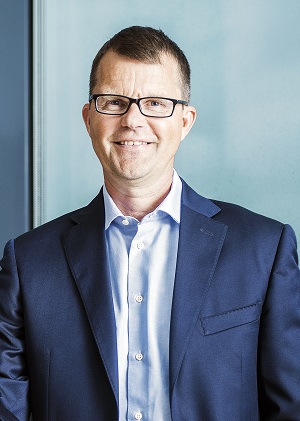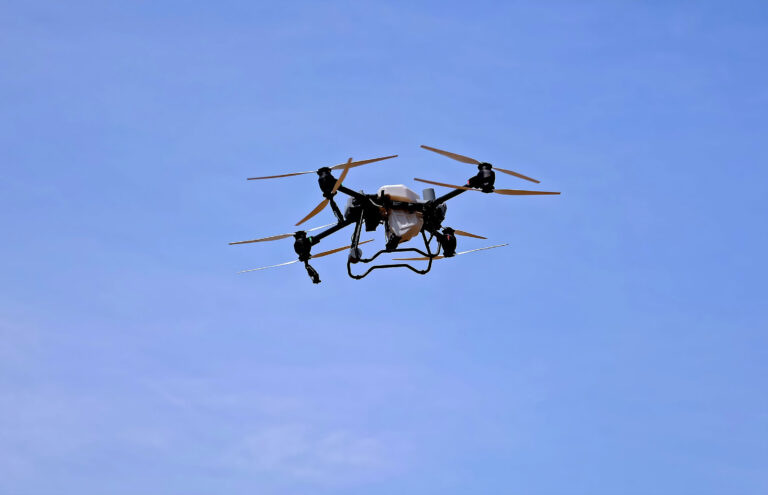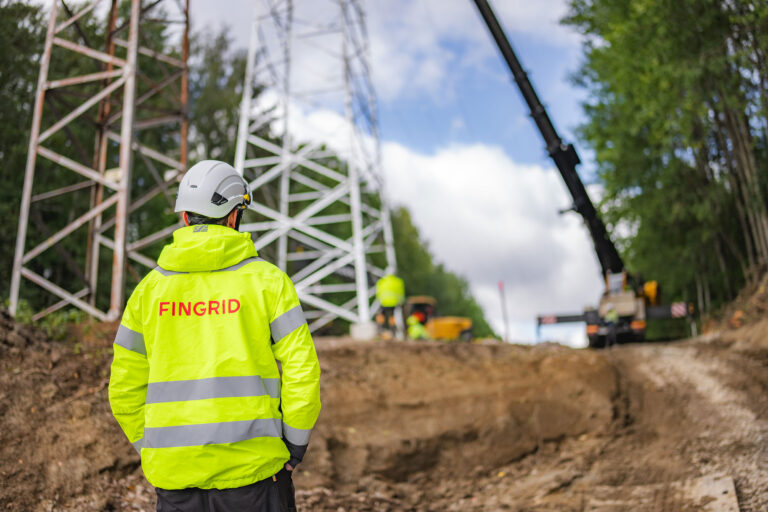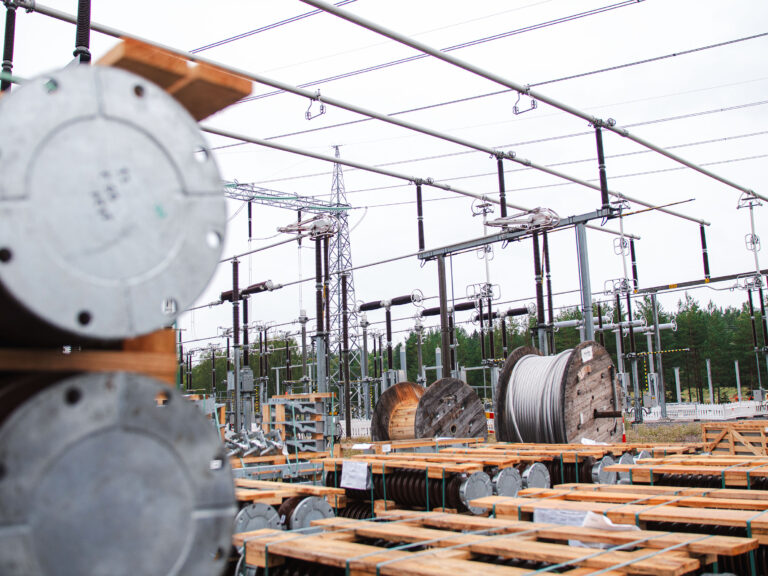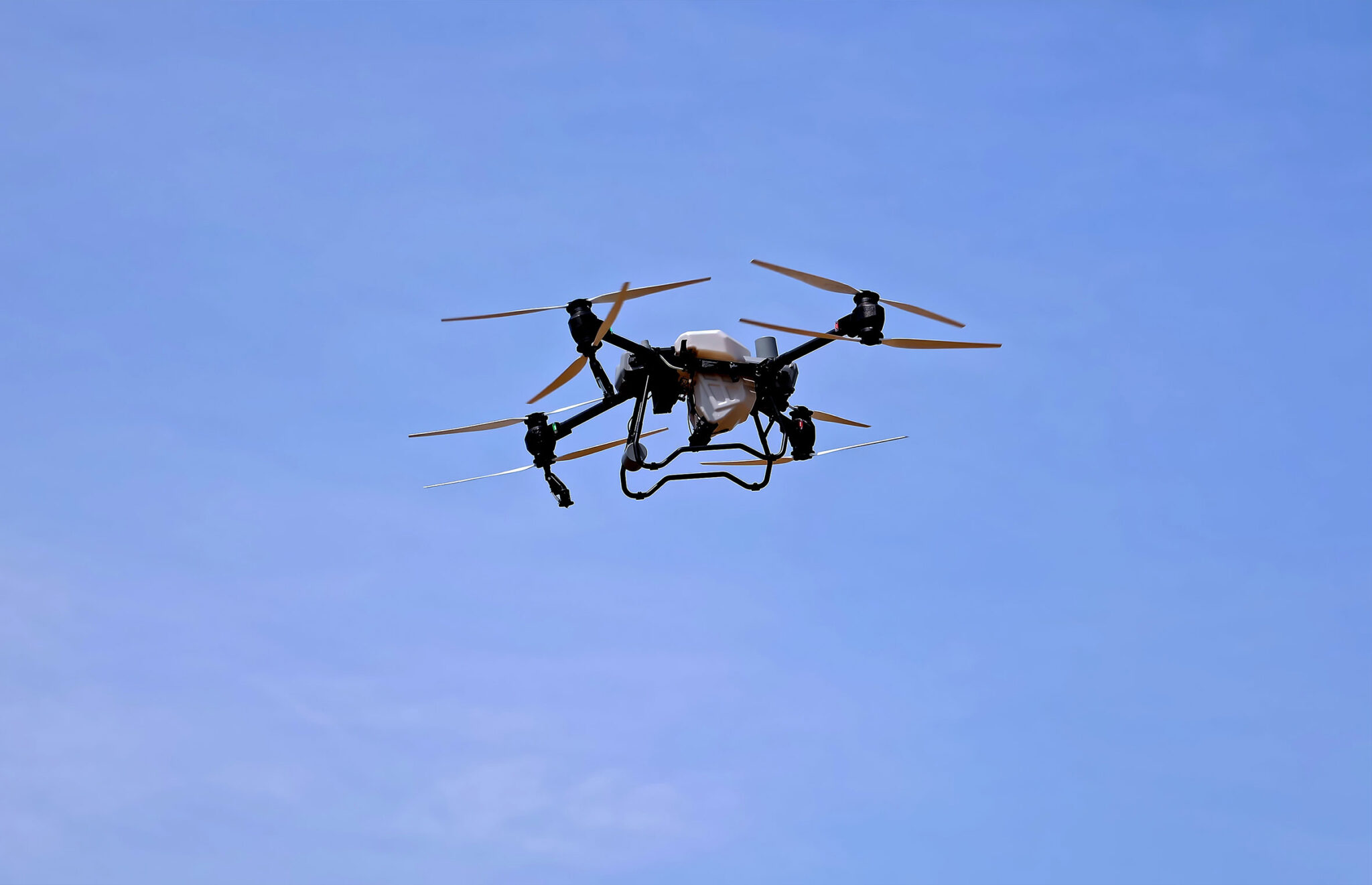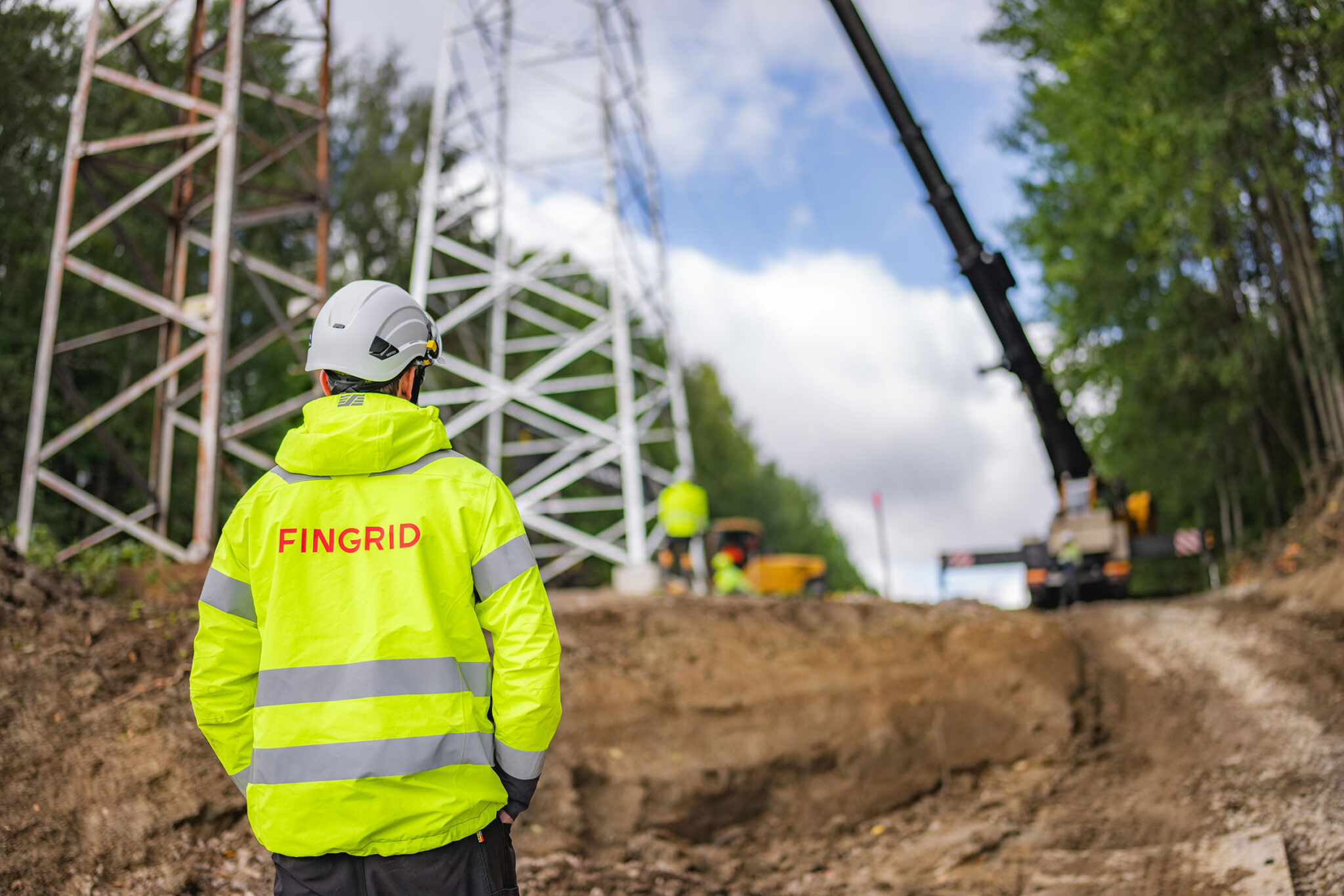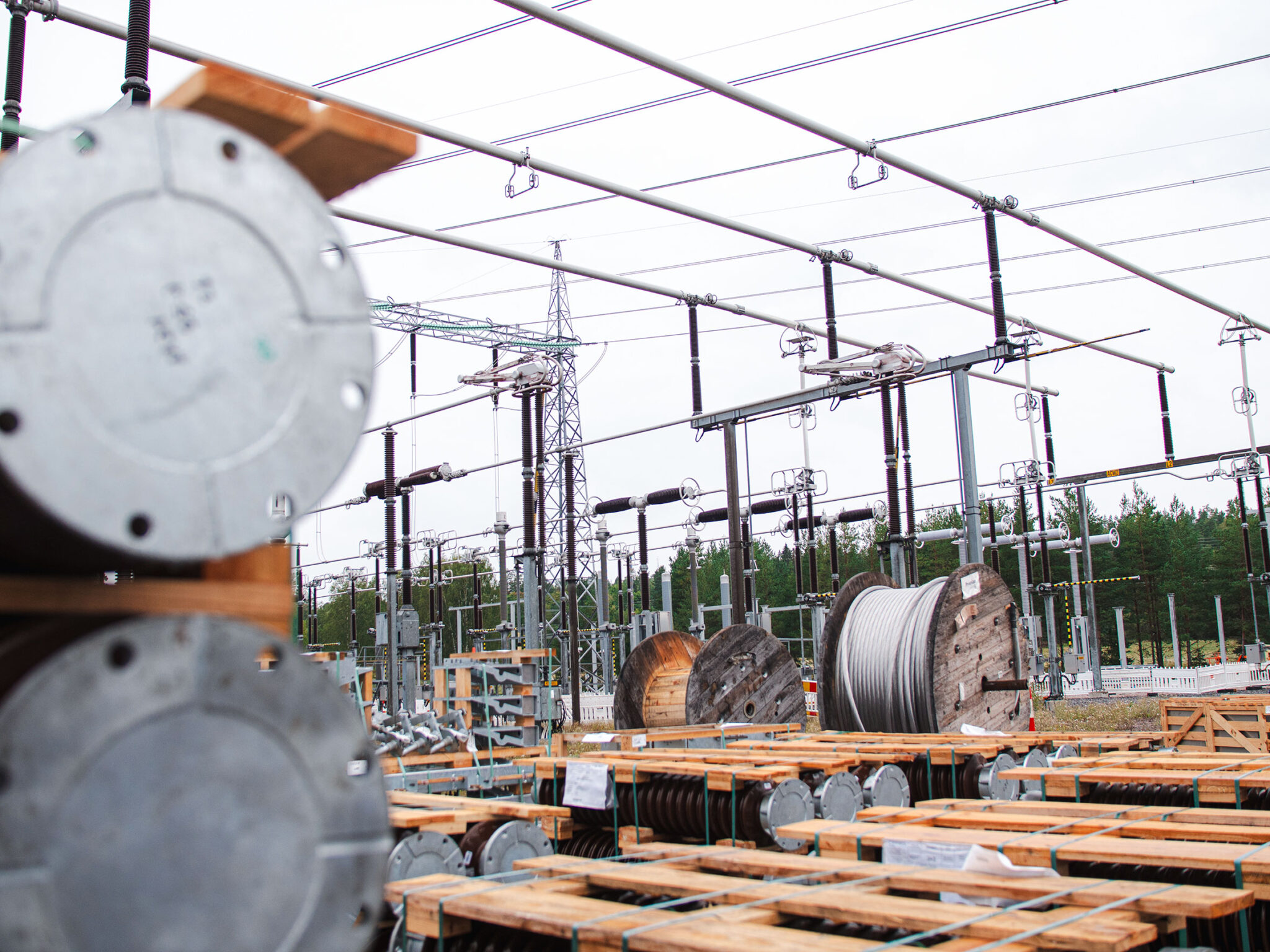
From the standpoint of physical and mental crisis resilience, it is important to be able to trust in the continuity of vital societal functions, even in such extraordinary circumstances. Security of supply ensures that the basic matters of importance to citizens continue to function throughout the state of emergency: there is enough electricity, heating, fuel, foods and clean drinking water, health care, telecommunications networks and everyday logistics continue to function, and payment services keep going. Activities to ensure the security of supply are currently under more intense scrutiny than perhaps ever before. For the first time in its history, the security of supply has been put to a real practical test by the state of emergency.
The security of supply is a crucial aspect of overall security
Security of supply means safeguarding the essential economic functions and systems required to maintain the population’s livelihood, the country’s economy and national defence throughout major disruptions and states of emergency. The security of supply is based on laws and decrees, as well as the Government’s decisions on the objectives of the security of supply.
Finland’s security of supply activities cover the national infrastructures, organisations, structures and processes that are essential for basic societal functions. Vital sectors include the availability of energy, logistics, digital networks, food and water supply, and many other areas of critical production and services.
Public- and private-sector cooperation plays a key role
Cooperation between businesses and public administration forms the cornerstone of Finland’s security of supply. This cross-sectoral work plays a key role in ensuring the continuity of vital societal functions during a crisis. The critical functions in Finnish society cannot be kept going without the help of businesses. The active, independent contribution of businesses in security of supply work has always been a distinctive characteristic of Finland. The basis for cooperation rests on the positive experiences gained and operating methods established shortly after World War II.
During the pandemic, the National Emergency Supply Organization – which brings together resources from the public and private sectors – ramped up its activities successfully. The National Emergency Supply Organization’s pools, within which businesses plan and rehearse the measures they will take in the event of severe disruption, have proven their usefulness. The most critical connections for the security of supply have been maintained. With the support of the pools, the organisation has succeeded in forming situational awareness of the pandemic’s impacts on the security of supply and the necessary measures. The pandemic has put the security of supply to the test. The functionality of critical infrastructure is ultimately in the hands of people – the work cannot be done remotely. There are disruptions in global supply and value chains and problems with the financial profitability of business operations. There is concern over the availability of expert personnel, and the mobility of foreign workers has been restricted. However, conventional security of supply activities have worked well under the testing circumstances of the state of emergency.
Despite all the preparations, the pandemic found a weak spot in our security of supply. As its name implies, the virus is a global epidemic, which has had a global impact on the security of supply in the form of the lack of availability of personal protective equipment for health care. Finland was not prepared well enough for this. The responsibilities were not sufficiently clear for this eventuality. Following these difficulties, the National Emergency Supply Agency set up a unit to procure personal protective equipment. Finnish companies operating in China helped with procurements. Cooperation between businesses and public administration was ramped up in this area, albeit with a delay. The tradition of cooperation and the trust that had been built up was certainly helpful.
The time for stockpiling is not over
Over the years, one of the essential aspects of Finland’s security of supply has been its stockpiles of fuel, medicines, grain and the most critical production inputs and supplies.
It has not been necessary to resort to the oil or grain stockpiles during the ongoing crisis. At the same time, the need to reassess stockpiles of products such as health care supplies has arisen.
Stockpiling is a traditional part of Finland’s security of supply work. These circumstances show that the basic idea behind stockpiling remains relevant. When global markets are in chaos, there is a special need for national material preparedness. However, we should develop better capabilities to forecast the material requirements arising during crises.
Furthermore, not everything can be stockpiled. For this reason, the security of supply must be capable of rising to the challenge in the face of disruptions in supply and value chains. Businesses and the public sector should jointly assess these issues from the perspective of safeguarding vital domestic production and services.
The security of supply evolves with the times
The pandemic crisis is putting the security of supply to the test, and the system will be developed on the basis of this test. The objectives for the security of supply have previously developed in line with changes to the operating environment, society and economic structures. This must also happen this time around. A good crisis should never go to waste; instead, we should learn as much as possible from it in order to enhance our national preparedness and the security of supply.
The current crisis also reflects the fact that active international communication is a prerequisite for identifying and managing the ways that crises occurring elsewhere could impact Finland. Although international arrangements cannot necessarily resolve or prevent crises, they can significantly mitigate the impacts.
Without a doubt, the main target for development is Finland’s preparedness for pandemics, but our learning and development should not end there. A more proactive method is required to identify and, if necessary, update threat scenarios and the corresponding operating models. This must also be able to withstand the crises of the future – crises other than pandemics. As Jim Collins has said, the people working on the security of supply are “constructively paranoid”. They are constantly thinking about what could go wrong next.
The Council for Security of Supply and Infrastructure will analyse the impacts of the pandemic crisis from the broader perspective of the security of supply. Based on this analysis, the Council for Security of Supply and Infrastructure will make proposals for the development of security of supply activities so that Finnish society becomes even better prepared to face similar situations. It is great that there is total political consensus on the matter at this stage. In an interview published in edition 18/2020 of Suomen Kuvalehti, minister Tuula Haatainen said that she would send the applicable version of the Government’s decision on the objectives for the security of supply (https://www.finlex.fi/fi/laki/alkup/2018/20181048) to the Council for Security of Supply and Infrastructure for evaluation, and political conclusions would only be drawn after that.
Finland has traditionally given a strong impression of preparedness in terms of the security of supply, both in Finland and abroad. The public discourse surrounding the pandemic crisis put a slight dent in this exterior. However, our security of supply is built on such robust foundations that it will withstand a crisis like this. We will learn all we can from this crisis so that we will be better prepared to face the next one.
This article was originally published on the website of the Security Committee.

